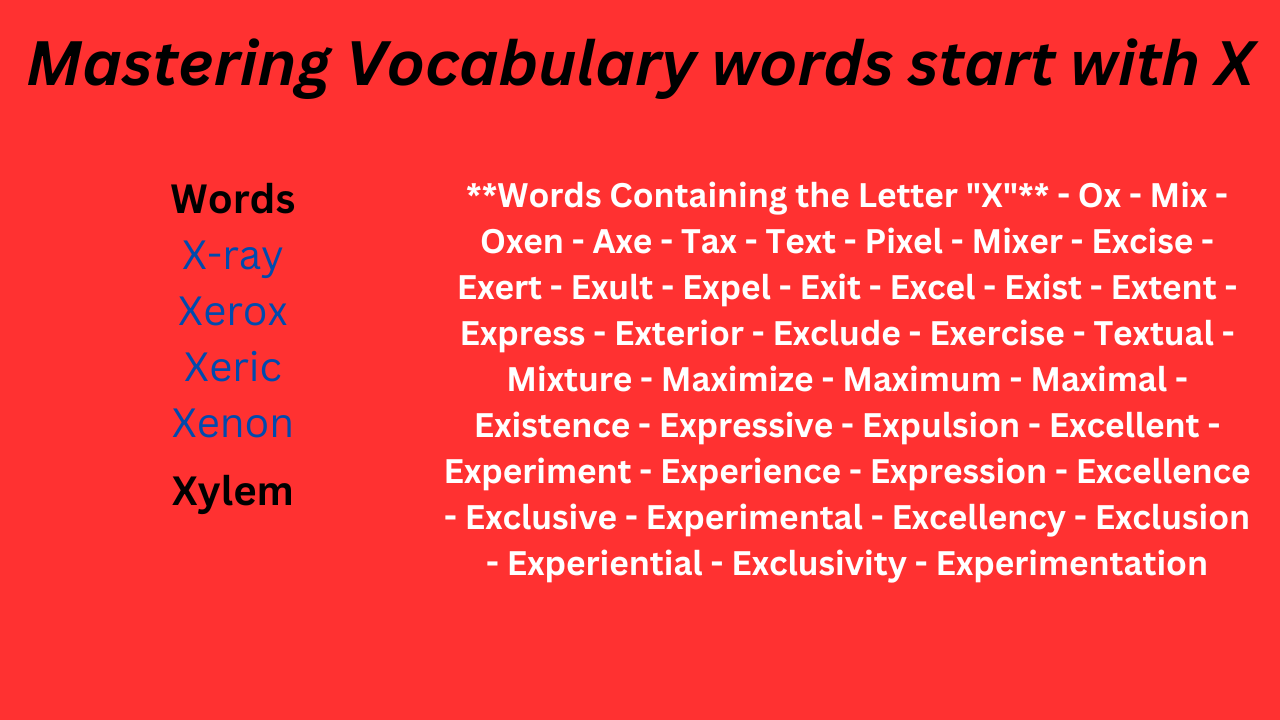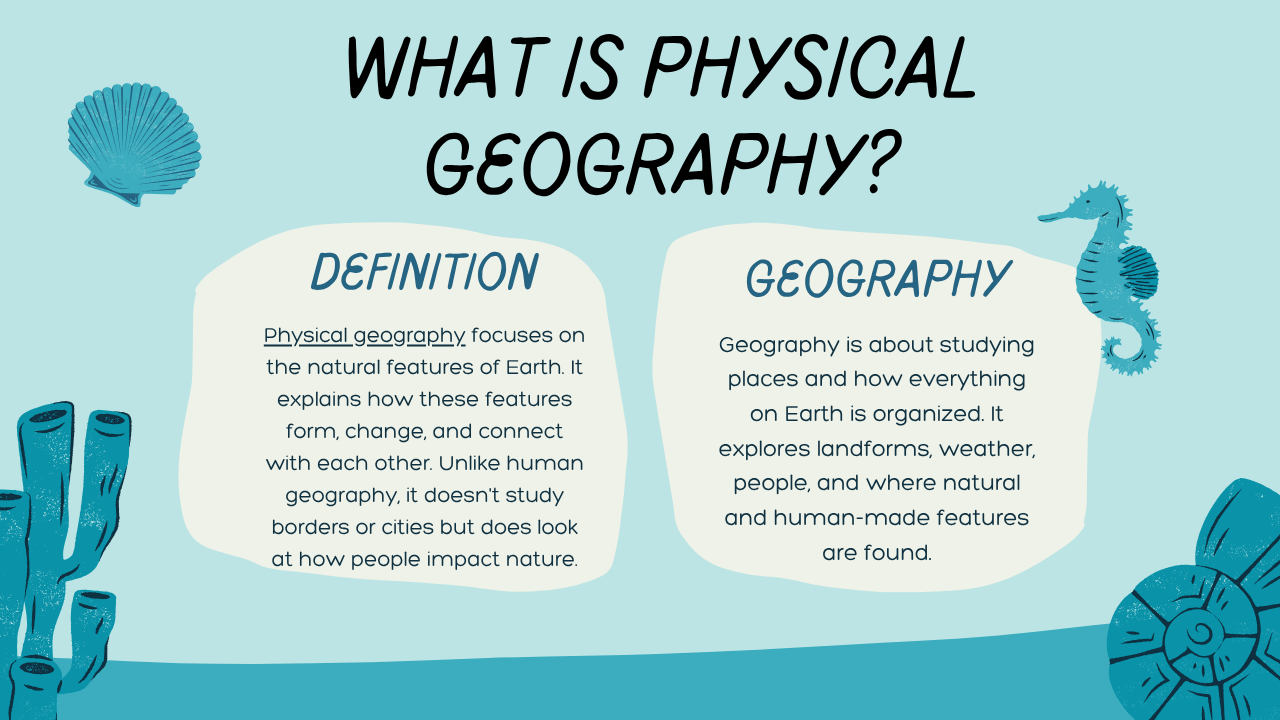When you think of words that start with the letter “X,” you might immediately draw a blank. After all, “X” is one of the least commonly used letters in the English alphabet, often tucked away in the middle or end of words rather than boldly leading the charge at the start. But don’t underestimate this unique letter! Unlocking the potential of “X” can enrich your vocabulary, improve your writing, and give you an edge in word games like Scrabble.
Whether you’re a student expanding your vocabulary, a writer looking for a poetic twist, or a word game enthusiast chasing high point values, this guide dives into the fascinating world of words starting with “X.” From common words we encounter daily to specialized and obscure terms, you’ll be surprised by the depth of this letter’s contributions to the English language.
Common Words
Although “X” may not be the first letter that comes to mind when thinking of common words, a handful of words starting with “X” are surprisingly familiar. Here’s a look at some “X” words many of us encounter in everyday life:
- Xylophone: A musical instrument featuring wooden bars struck with mallets to produce sound. It’s frequently associated with childhood music lessons.
- Xenophobia: A term describing the fear or dislike of strangers or foreigners, often used in social and political contexts.
- Xerox: Originally a brand name, Xerox has become a synonym for photocopying. “Can you Xerox this for me?” is still common in offices.
- X-axis: A fundamental term in mathematics and science, representing the horizontal line on a graph or coordinate plane.
These words demonstrate how versatile “X” can be when applied across music, emotions, technology, and academics!
Uncommon Words
Looking to enrich your vocabulary with less conventional but equally interesting words? Here are some lesser-known but captivating words that start with “X”:
- Xeric: Describes an environment or organism requiring little water, often used in ecology or gardening. For instance, cacti thrive in xeric conditions.
- Xylose: A type of sugar derived from wood, popular in discussions about biochemistry and nutrition.
- Xanthic: An adjective meaning yellowish or growing yellow, often used in artistic or scientific descriptions.
- Xyst: A historical term referring to a covered walkway or garden promenade, offering a poetic touch for creative writers.
- Xenium: A rare and historical word meaning “a gift given to a guest,” perfect for writers crafting period pieces or wanting to elevate their prose.
**Words Containing the Letter “X”** – Ox – Mix – Oxen – Axe – Tax – Text – Pixel – Mixer – Excise – Exert – Exult – Expel – Exit – Excel – Exist – Extent – Express – Exterior – Exclude – Exercise – Textual – Mixture – Maximize – Maximum – Maximal – Existence – Expressive – Expulsion – Excellent – Experiment – Experience – Expression – Excellence – Exclusive – Experimental – Excellency – Exclusion – Experiential – Exclusivity – Experimentation
Words with the Letter “X” in Them
- Ox
- Mix
- Oxen
- Axe
- Tax
- Text
- Pixel
- Mixer
- Excise
- Exert
- Exult
- Expel
- Exit
- Excel
- Exist
- Extent
- Express
- Exterior
- Exclude
- Exercise
- Textual
- Mixture
- Maximise
- Maximum
- Maximal
- Existence
- Expressive
- Expulsion
- Excellent
- Experiment
- Experience
- Expression
- Excellence
- Exclusive
- Experimental
- Excellency
- Exclusion
- Experiential
- Exclusivity
- Experimentation
More Examples of Words Starting with “X”
| Word | Meaning | Usage/Field |
|---|---|---|
| X-ray | A form of electromagnetic radiation used for imaging bones and tissues | Medical and Physics |
| Xerox | A brand of photocopiers; also used as a verb meaning to copy documents | Technology |
| Xeric | Relating to or adapted to a dry environment | Ecology and Biology |
| Xenon | A chemical element used in fluorescent lamps and ion propulsion engines | Chemistry and Engineering |
| Xylem | Plant tissue that transports water and nutrients from the roots | Botany |
| Xebec | A small three-masted ship used in the Mediterranean during the 18th century | History and Navigation |
| Xyster | A surgical instrument used for scraping bones | Medical Tools |
| Xylose | A type of sugar found in woody materials | Biochemistry |
| Xanthic | Relating to a yellow color | Chemistry and Aesthetics |
| Xiphoid | Relating to the xiphoid process in the lower part of the sternum | Anatomy |
| Xanthous | Having a yellow or gold color | Descriptive Terminology |
| Xylocarp | A fruit with a hard, woody outer layer | Botany |
| Xylophone | A musical instrument with wooden bars struck to produce sound | Music and Arts |
| Xylograph | The art of engraving on wood | Visual Arts |
Conclusion
Words starting with “X” may not be as common as those starting with other letters, yet they carry unique qualities that catch attention and inspire curiosity. Whether used in scientific terms, music, technology, or common phrases, these words bring depth and creativity to language. By incorporating such terms into your vocabulary, you can improve your communication and explore intriguing concepts tied to this extraordinary letter. Keep discovering, and you’ll unveil more treasures hidden within the language.
FAQs
Q1. Why are there so few words starting with the letter “X”?
A1. The letter “X” is rare in the English language because it originates from Greek and Latin, and many English words are derived from Germanic roots. Its unique pronunciation further limits its prevalence.
Q2. How can I use “X” words effectively in my writing?
A2. Words starting with “X” are often used in specialized contexts, like science or art. Incorporating these terms thoughtfully can add a touch of sophistication or relevance to your writing.
Q3. What is the significance of the word “Xenon” in science?
A3. Xenon is a chemical element that plays an important role in lighting (e.g., xenon lamps) and medical imaging techniques, including X-rays and anesthesia research.
Q4. Are there practical ways to expand my vocabulary with “X” words?
A4. Yes! Reading scientific articles, engaging with music and art materials, or exploring unique cultural concepts are great ways to encounter and learn “X” words.
By exploring the diverse range of “X” words, you’ll not only improve your vocabulary but also uncover fascinating applications of these terms in various disciplines. Go ahead and keep learning.







